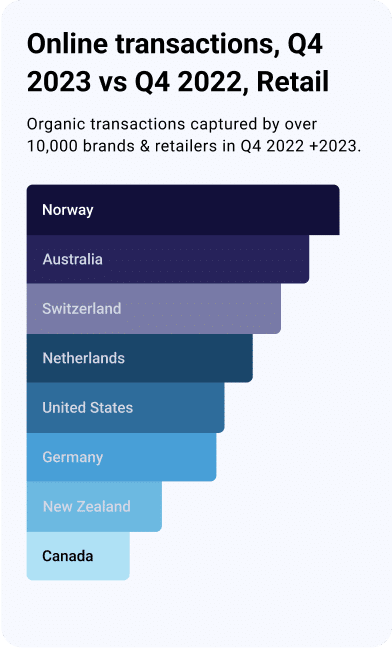In today’s multi-channel marketing world, brands looking to speak and engage with their customers must adopt increasingly complex strategies that take into consideration everything from magazines to mobile to social media.
The rise in ecommerce around the world means that the days when companies and brands partnered with a single vendor to deliver all of their marketing objectives are now long gone.
To execute a successful marketing campaign, businesses need to call on the expertise of multiple partners help navigate different spaces.
However, when you’re a marketer faced with countless digital advertising options, potentially across multiple countries and device types, how do you choose the right partner to help you achieve your objectives?
It’s not a choice to be taken lightly, and the following questions can help you narrow down who is the right technology partner for you:
What does success look like?
Before you even begin your research and comparing different players in the space, consider your objectives. What do you want this partner to help you achieve and what would success look like for this relationship?
Companies competing for your affection will throw some exciting and creative ideas your way, but don’t let language or fancy designs distract you from your original goals.
Knowing exactly what you need from a partner will make it easier to ignore irrelevant details so you can make the most informed decision.
Are they experts in the field?
No single company is an expert in everything. Don’t be afraid to work with multiple partners, but be smart about it. Each company you choose to work with should be an expert in their field so that they can collectively work together to achieve your campaign objectives.
Some of the bigger names out there may provide a wide range of services, but you should think about the players with the best research, resources and reputation in their particular focus area.
Who else has the ecommerce partner worked with?
Next, it’s important to find out the type of companies they work with regularly, or have worked with in the past. Do they typically work with similar companies to yours – for example, are they catering to enterprise or small businesses? Too many businesses rely on just the website to tell them about previous clients, but it’s important to ask the question upfront.
Ask for clear and measurable examples where the provider has delivered strong results, in particular for brands who face similar challenges to your own and who are at a similar stage of life cycle. You want to work with someone who can set realistic and measurable goals and who has a proven track record.
Ask for referrals and if you feel it necessary to talk to a current client. There’s also no harm in talking to others in the industry to determine how a company is regarded by others.
Can they grow with you?
What you need from a tech partner today might be different from what you need in the next six, twelve or eighteen months. You may be Australian-based, but aspire to have a global reach, and you need to consider whether your partners can scale with you as you grow.

What roadblocks will you face and how adaptable are they to your changing situation? Whether they have the resources and capacity to grow with you, is something best discovered sooner than later.
Are they a cultural fit?
Someone’s ability to fit within the culture of your company is an obvious consideration when hiring internally, but it’s also worth considering when taking on an external partner.
You don’t need to be best mates, but working with a company that has a similar work ethic and culture to you can be very rewarding and make processes more efficient. The best results are achieved when your chosen tech partner operates as an extension of your team and can work comfortably with you.
Still not sure? Ask.
Tell the potential partner that you are considering their competitors and ask what makes them different. Their differentiators should be aligned to helping you achieve the initial objectives you laid out in the first instance – don’t get drawn into shiny bells and whistles that don’t add value.
Back to the goal.
When making the tough calls on who to work with, always relate back to how your tech partners can help you achieve your defined objectives in a way that makes your life easier rather than more challenging.
Ensure they have the capacity to give you the attention you need, the flexibility to work with your existing processes, and the potential to grow with you as your business thrives.






















